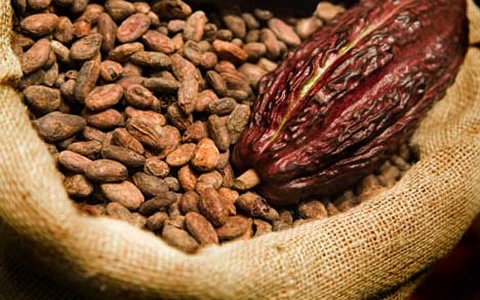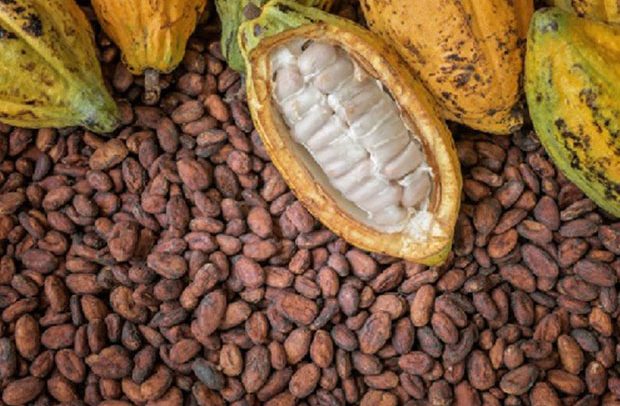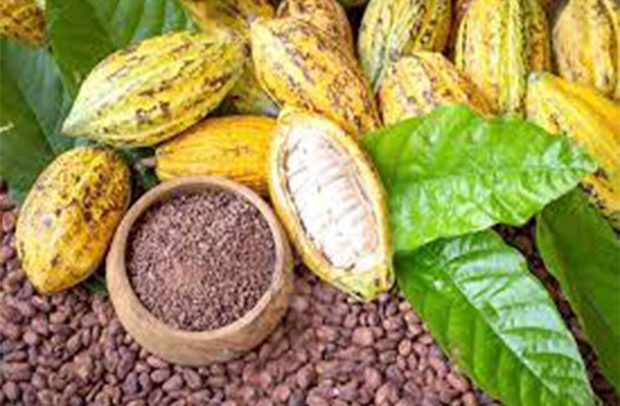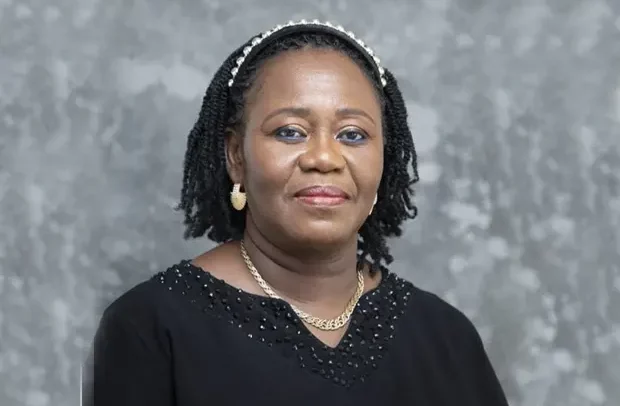
Global cocoa company Cargill has launched a licensed buying company (LBC) with innovations to provide technical assistance to farmers and pay them instantly through mobile money.
The Cargill Kokoo Sourcing Ltd has already registered 25,000 farmers, of which 9,000 are actively selling beans through Cargill’s LBC network of 190 centres across four districts to provide proximate services to farmers.
Launching the company in Accra yesterday, the President of Cargill Cocoa and Chocolate, Mr Harold Poelma, said the company had come on board with a unique purchasing model built on sustainability, with technical assistance to improve productivity and farmer livelihoods.
He said being able to buy directly from farmers meant that Cargill would be better positioned to efficiently implement its Cargill Cocoa Promise (CCP) and better serve its customers.
The CCP provides agronomic technical assistance to farmers and also works with farmer groups for certification to qualify them to receive premium for beans sold under Fairtrade, an international social programme to ensure that cocoa farmers receive more for their hard work and improve on their livelihoods.
He said Cargill Sourcing Ltd would operate on the philosophy that “we can make farmer livelihoods better by helping them succeed”, saying in many countries where it had been done, “we’ve been able to increase the productivity for the farmer and helped communities thrive”.
Mr Poelma said as the world’s second largest producer with very quality beans, Cargill considered Ghana as an important partner, saying; “We are very optimistic about Ghana’s cocoa sector and we fully support Ghana Cocoa Board’s (COCOBOD’s) vision and commitment to fully develop the cocoa sector in the country.”
Hi-tech model
The Managing Director (MD) of Cargill Ghana Ltd, Mr Pieter Reichert, said under Cargill’s innovative high-tech purchasing model, when farmers delivered beans to community warehouses, the produce would be weighed digitally in their presence and assigned a fully traceable bar code, after which funds would be transferred directly onto the farmer’s phone or electronic wallet through electronic cash.
The e-money transfer is being done in partnership with eZwich, MTN Mobile Money and Tigo Mobile Money.
The revolutionary move to mobile money in Ghana is an added assurance for the farmers to improve their ability to trade more effectively and eradicates all risks associated with cash payments.
“Through Cargill’s new bar code system, the company can now trace each individual bag of Ghanaian cocoa beans, sourced through the Cargill LBC, to the individual farm, creating a fully traceable supply chain down to farmer level for the first time in the country,” he stated.
The MD Cargill Cocoa & Chocolate West Africa, Mr Lionel Soulard, stressed the importance of the new payment system in the rural areas, saying with the introduction of the innovative digital payment system, “We are creating great opportunities for smallholder finance at the farm level.”
Improving farmer incomes
Mr Soulard said that way of doing business was the future for cocoa farmers in the country. “Mobile money is the first step towards improving incomes for farmers, as we build the infrastructure and capabilities for a more efficient and effective supply chain,” he said.
The Chief Executive Officer (CEO) of COCOBOD, Mr Joseph Boahen Aidoo, lauded Cargill for its willingness to partner the government to improve the cocoa sector and the livelihoods of farmers in particular.
The COCOBOD CEO said a number of programmes had been lined up by the government to meet its one million tonnes cocoa production target by 2020, saying the initiatives were focused on improving productivity and enhancing the livelihoods of farmers.
Global cocoa company Cargill has launched a licensed buying company (LBC) with innovations to provide technical assistance to farmers and pay them instantly through mobile money.
The Cargill Kokoo Sourcing Ltd has already registered 25,000 farmers, of which 9,000 are actively selling beans through Cargill’s LBC network of 190 centres across four districts to provide proximate services to farmers.
Read Full Story














Facebook
Twitter
Pinterest
Instagram
Google+
YouTube
LinkedIn
RSS